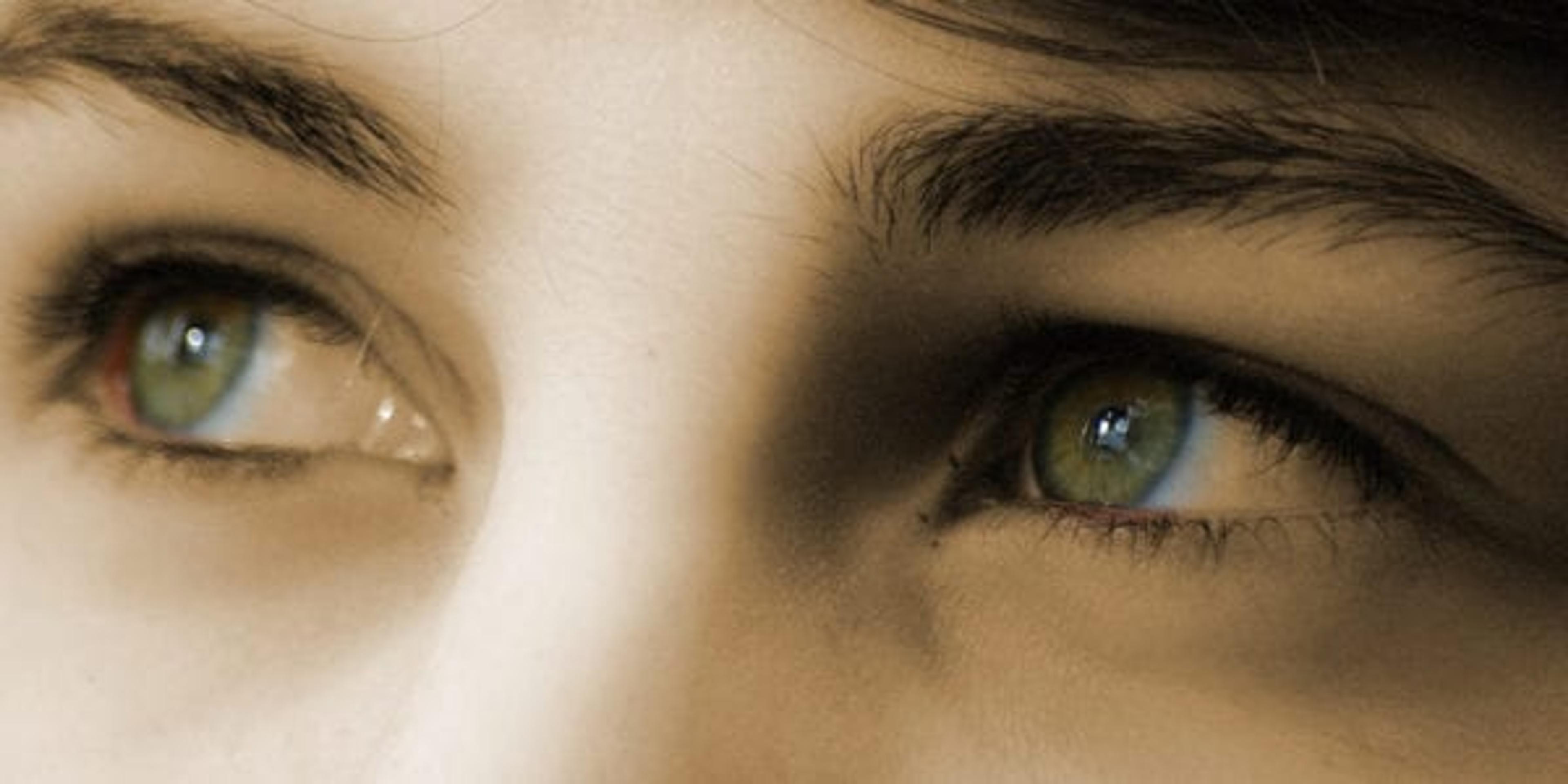What Exactly Is 20/20 Vision?

Susan Mithoff Quade
| 2 min read

Ever been told you have eyes like a hawk? If you have 20/20 vision, you are not far off from seeing the world like this bird of prey.
Normal vision is commonly referenced as 20/20 vision. However, 20/20 vision is actually not the norm. More than 225 million Americans use corrective lenses. That’s more than 75% of the total U.S. population!
How is 20/20 vision measured?
The clarity and sharpness of your vision, or visual acuity, at a distance of 20 feet is how 20/20 vision is determined. If you have “normal” vision, you can clearly see at 20 feet without blurriness or complications. In comparison, if you don’t have “normal” vision and wear glasses or contacts with a 20/80 prescription, you can see at 20 feet what someone with 20/20 vision could see at 80 feet.
According to the American Optometric Association, 20/20 vision does not mean you have perfect vision. This metric only indicates the sharpness and clarity of your vision at a distance. Other factors, such as peripheral awareness, eye coordination, focusing ability and color vision, contribute to your overall visual ability.
Can you have better than 20/20 vision?
It is possible to have better than average visual acuity. If you have 20/10 vision, you’re able to see at 20 feet what a “normal” person could see at 10 feet. This impressive sharpness is more often found in a hawk or owl, which can have vision as accurate as 20/2!
Regardless of accuracy, your vision should be examined annually. Your optometrist can prescribe glasses or contact lenses to help you see like a hawk!
If you liked this post, you might also like:
Photo credit: Rickydavid





